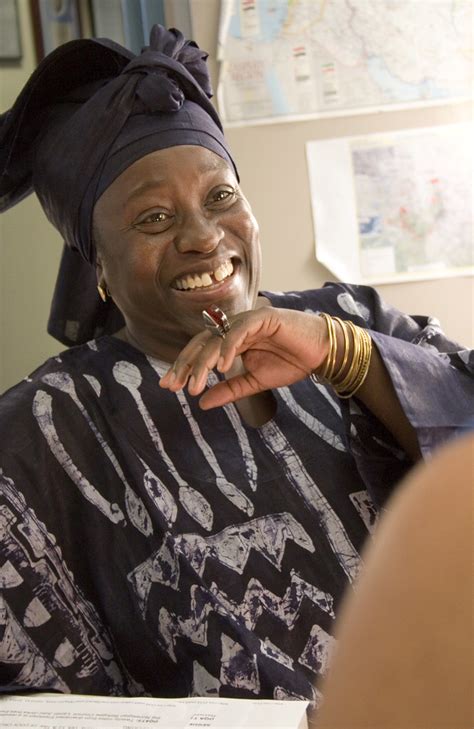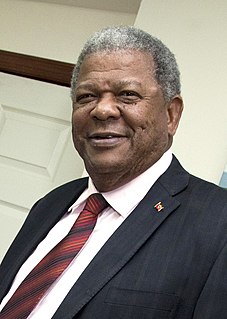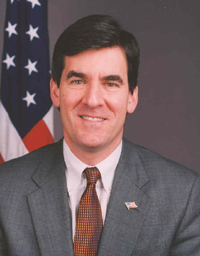A Quote by Benny Gantz
Every decision of strategic importance needs to go through the relevant institutions, certainly the sale of submarines to neighboring countries.
Quote Topics
Related Quotes
The decision he made with Usama bin Laden was a tactical decision. It wasn't a strategic decision. The strategic decision was made by President Bush to go after him. What President Obama has done on his watch, the issues that have come up while he's been president, he's gotten it wrong strategically every single time.
Since the advent of the atomic bomb, the United States has always needed two kinds of enemies. On one level, it has needed a tactical enemy that it can go out and fight in the field in a shooting war. Since 1945, these enemies have been created and appeared as North Korea, North Vietnam, Grenada, El Salvador, Panama, Iraq and now Colombia. On another level, however, the US needs a strategic enemy that will justify outrageous expenditures of capital for strategic weapon systems like ICBMs, Trident submarines and "Star Wars" missile defence systems.
The major difference for us in America with respect to Hispanic immigration is that it is so large and that it is coming from neighboring countries rather than those countries off the Atlantic or Pacific. That creates different issues and different problems for us as compared to the past. It is still very different, however, from the situation in Europe where we see people with a very different non-European religion coming from neighboring countries.
Turkey is an important strategic partner facing a volatile period. It needs and deserves our support, but that support needs to include our critique where Turkish policy is not in its own, or our, joint long-term interests: these are regional security and stability as well as strong and accountable institutions in Turkey.


































